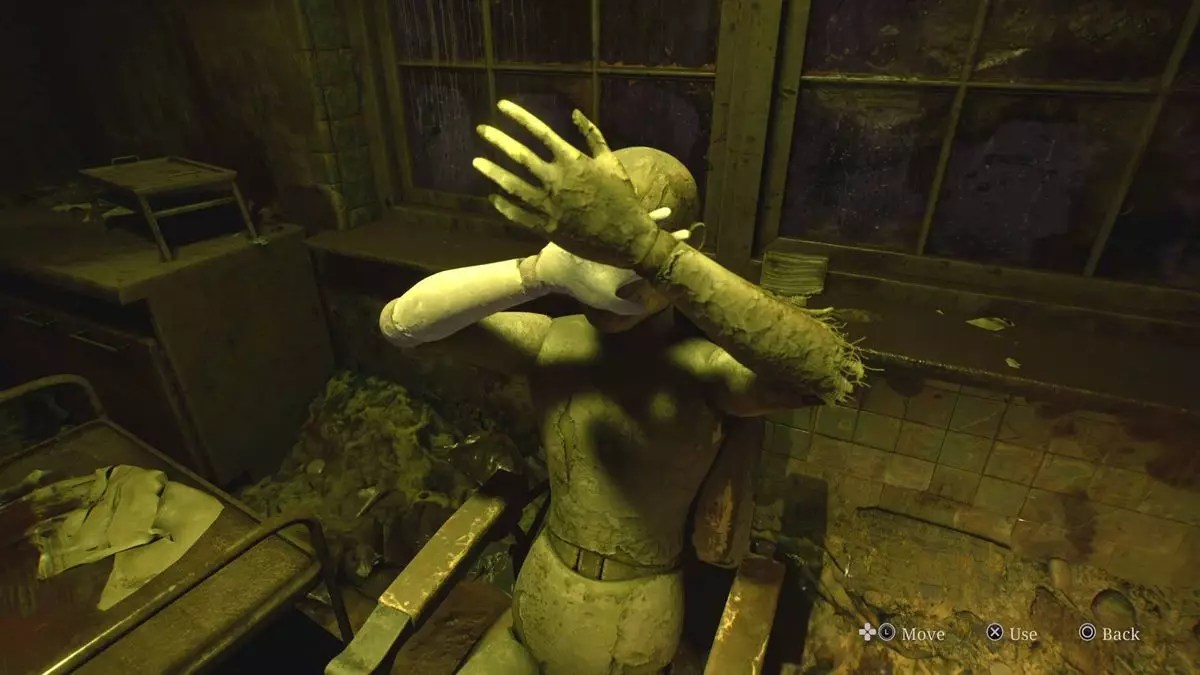The gaming world is no stranger to the sacred cow that is the remake, especially when it comes to beloved franchises such as Silent Hill. Recently, the anticipated remake of Silent Hill 2 has stirred a pot of emotions, particularly as veteran developer Masahiro Ito has publicly addressed fans’ criticisms. While remakes aim to breathe new life into classic games, they often invite scrutiny regarding changes that deviate from the original. Masahiro Ito’s strong reactions to some fans point to deeper issues within gaming culture and the expectations surrounding remakes.
Ito’s tweets, which criticized fans for their harsh opinions about the remake, raise the larger issue of how vocal communities can become and the often detrimental effects of online discourse. His frustration seems to be rooted not just in the criticisms themselves but also in the manner in which they were articulated—particularly when he mentioned fans behaving “like children.” This sentiment strikes a chord; gaming enthusiasts can often lose perspective, forgetting that the creators they critique are also passionate individuals who want to deliver their best work.
Despite the vibrant discussions that online platforms foster, they can also give rise to toxic environments where constructive criticism gets drowned out by baseless vitriol. Ito’s remarks urge a more respectful and fact-based discourse, encouraging fans to experience a game before launching into complaints. This reflects a plea for understanding and mutual respect between developers and fans—a relationship that ideally should function symbiotically rather than adversarially.
In any discussion about remakes, nostalgia plays a powerful role. Fans of the original Silent Hill 2 hold a deep emotional connection to its characters and storyline, making any alteration in character design—like the claims of a character being rendered “ugly”—feel like a personal affront. These emotional ties can cloud critical judgment. A game like Silent Hill 2, revered for its psychological depth and haunting atmosphere, carries expectations that are nearly impossible to meet entirely.
Ito’s work on the original game established many of its hallmarks—including the iconic Pyramid Head—and while the remake stays true to these central elements, adjustments inevitably lead to polarized opinions. The reality is that remakes must tread a fine line between honoring the source material and introducing updates that resonate with contemporary audiences. Ito’s vehement defense can be seen as a rallying cry for the importance of this balance, as it underlines the complexities developers face when reinterpreting classics.
Despite the backlash, it is worth noting that early reviews for the Silent Hill 2 remake have been predominantly positive. With a solid Metacritic score of 87, many players express satisfaction with the game’s artistic choices and faithful representation of the original’s narrative intent. There is a significant contrast between the vocal critics and the general approval from those who have had the opportunity to engage with the game.
This dichotomy underscores another critical point: vocal criticism does not always reflect the consensus of the community. It serves as a reminder that while a small group may articulate their displeasure passionately, many other fans are often content—or even thrilled—with the new interpretations brought to life by creators like Ito and the Bloober Team.
In light of the recent events surrounding the Silent Hill 2 remake, the conversation sparked by Masahiro Ito’s tweets serves as an important reflection on fan culture within gaming. It shines a light on the need for maturity in engagement with developers and their works, emphasizing constructive feedback over personal attacks.
As the gaming landscape evolves, so too should the conversations surrounding it. Fans should strive to appreciate the creative process and recognize the passion that drives developers like Ito. His impassioned response is a plea for respect and understanding, urging fans to form their opinions not purely from aesthetics but rather from a comprehensive appreciation of the entirety of what a remake aims to accomplish. Ultimately, gaming is about shared experiences, and in fostering mutual respect, perhaps the community can evolve into one that celebrates both creativity and critique.


Leave a Reply